Artist:
Lalo Schifrin
Title:
Brazilian Jazz
Year Of Release:
2000
Label:
Aleph Records[020]
Genre:
Latin Jazz, Bossa Nova
Quality:
FLAC (tracks + .cue,log) | MP3/320 kbps
Total Time: 37:38
Total Size: 271 MB(+3%) | 90 MB(+3%)
WebSite:
Album Preview
Tracklist01. O Amor E A Rosa (3:33)
02. Boato (Bistro) (2:27)
03. Chora Tua Tristeza (2:39)
04. Poema Do Adeus (3:19)
05. Apito No Samba (2:51)
06. Chega De Saudade (5:20)
07. Bossa Em Nova York (1:53)
08. O Menino Desce O Morro (2:28)
09. Menina Feia (2:25)
10. Ouça (3:57)
11. Samba De Uma Nota So (3:45)
12. Patinho Feio (3:02)
personnel : Bass – Chris White
Percussion – Jack Del Rio, José Paulo
Piano – Lalo Schifrin
Saxophone, Flute – Leo Wright
It was an exciting time for Brazilian music in the early '60s, when bossa nova and samba rhythms came to occupy a special place in the heart of American jazz musicians. These contagious rhythms, lyrical melodies, and sophisticated chord progressions from Rio, São Paulo, and Bahia practically seduced artists like Dizzy Gillespie, Stan Getz, and, later, Chick Corea. Pianist Lalo Schifrin, who became one of the world's greatest jazz musicians and composers, gathered members of Gillespie's band -- bassist Chris White, drummer Rudy Collins, and flutist-saxophonist Leo Wright -- for this exciting date, originally recorded in 1962. The quartet creates a powerful polyrhythmic sound, with lead voice switching off between Schifrin's lively ivories and Wright's graceful flute on the most effective tracks like "Chora True Tristeza." The quartet is enhanced by Latin percussionists Jose Paulo of Brazil and Jack Del Rio of Argentina; Paulo performs on the pandeiro, a Brazilian tambourine, while Del Rio adds subtle emotional whispers of rhythm with the cabaca, a gourd instrument covered with a loose network of beads. It's always exciting to hear how Schifrin and his colleagues egg each other on to play quicker and quicker flurries of notes, but the slower passages -- like the opening minutes of "Poema Do Adeus" -- create an interesting counterpoint. The way this tune explodes percussively tends to indicate that no matter how they try to tame themselves, these musicians can't quite keep it still for too long. Accept no substitutes; this is classic Brazilian music in its purest original form.~Jonathan Widran
Exact Audio Copy V0.99 prebeta 4 from 23. January 2008
EAC extraction logfile from 9. May 2009, 15:51
Lalo Schifrin / Brazilian Jazz
Used drive : TSSTcorpCD/DVDW TS-H552L Adapter: 5 ID: 0
Read mode : Secure
Utilize accurate stream : Yes
Defeat audio cache : Yes
Make use of C2 pointers : No
Read offset correction : 6
Overread into Lead-In and Lead-Out : No
Fill up missing offset samples with silence : Yes
Delete leading and trailing silent blocks : No
Null samples used in CRC calculations : Yes
Used interface : Native Win32 interface for Win NT & 2000
Gap handling : Appended to previous track
Used output format : User Defined Encoder
Selected bitrate : 128 kBit/s
Quality : High
Add ID3 tag : No
Command line compressor : C:\Program Files\Exact Audio Copy\FLAC\FLAC.EXE
Additional command line options : -V -8 -T "artist=%a" -T "title=%t" -T "album=%g" -T "date=%y" -T "tracknumber=%n" -T "genre=%m" %s
TOC of the extracted CD
Track | Start | Length | Start sector | End sector
---------------------------------------------------------
1 | 0:00.00 | 3:32.50 | 0 | 15949
2 | 3:32.50 | 2:26.45 | 15950 | 26944
3 | 5:59.20 | 2:38.55 | 26945 | 38849
4 | 8:38.00 | 3:19.32 | 38850 | 53806
5 | 11:57.32 | 2:50.63 | 53807 | 66619
6 | 14:48.20 | 5:19.50 | 66620 | 90594
7 | 20:07.70 | 1:52.59 | 90595 | 99053
8 | 22:00.54 | 2:28.26 | 99054 | 110179
9 | 24:29.05 | 2:25.25 | 110180 | 121079
10 | 26:54.30 | 3:56.57 | 121080 | 138836
11 | 30:51.12 | 3:44.58 | 138837 | 155694
12 | 34:35.70 | 3:01.47 | 155695 | 169316
Track 1
Filename C:\RIP\Lalo Schifrin - 2000 - Brazilian Jazz\01 - O Amor E A Rosa.wav
Pre-gap length 0:00:02.00
Peak level 99.9 %
Track quality 100.0 %
Test CRC 26A282F9
Copy CRC 26A282F9
Track not present in AccurateRip database
Copy OK
Track 2
Filename C:\RIP\Lalo Schifrin - 2000 - Brazilian Jazz\02 - Boato (Bistro).wav
Peak level 99.9 %
Track quality 100.0 %
Test CRC 57276CA1
Copy CRC 57276CA1
Track not present in AccurateRip database
Copy OK
Track 3
Filename C:\RIP\Lalo Schifrin - 2000 - Brazilian Jazz\03 - Chora Tua Tristeza.wav
Peak level 99.9 %
Track quality 99.9 %
Test CRC 48254BC1
Copy CRC 48254BC1
Track not present in AccurateRip database
Copy OK
Track 4
Filename C:\RIP\Lalo Schifrin - 2000 - Brazilian Jazz\04 - Poema Do Adeus.wav
Peak level 99.9 %
Track quality 100.0 %
Test CRC 39EE6657
Copy CRC 39EE6657
Track not present in AccurateRip database
Copy OK
Track 5
Filename C:\RIP\Lalo Schifrin - 2000 - Brazilian Jazz\05 - Apito No Samba (2).wav
Peak level 99.9 %
Track quality 100.0 %
Test CRC 046CCA00
Copy CRC 046CCA00
Track not present in AccurateRip database
Copy OK
Track 6
Filename C:\RIP\Lalo Schifrin - 2000 - Brazilian Jazz\06 - Chega De Saudade (2).wav
Peak level 99.9 %
Track quality 100.0 %
Test CRC F587B58B
Copy CRC F587B58B
Track not present in AccurateRip database
Copy OK
Track 7
Filename C:\RIP\Lalo Schifrin - 2000 - Brazilian Jazz\07 - Bossa Em Nova York (2).wav
Peak level 99.9 %
Track quality 100.0 %
Test CRC 86E0E21D
Copy CRC 86E0E21D
Track not present in AccurateRip database
Copy OK
Track 8
Filename C:\RIP\Lalo Schifrin - 2000 - Brazilian Jazz\08 - O Menino Desce O Morro.wav
Peak level 99.9 %
Track quality 100.0 %
Test CRC 9E730094
Copy CRC 9E730094
Track not present in AccurateRip database
Copy OK
Track 9
Filename C:\RIP\Lalo Schifrin - 2000 - Brazilian Jazz\09 - Menina Feia.wav
Peak level 99.9 %
Track quality 100.0 %
Test CRC 4ADB7467
Copy CRC 4ADB7467
Track not present in AccurateRip database
Copy OK
Track 10
Filename C:\RIP\Lalo Schifrin - 2000 - Brazilian Jazz\10 - Ouзa.wav
Peak level 99.9 %
Track quality 99.9 %
Test CRC 1C9D1BE3
Copy CRC 1C9D1BE3
Track not present in AccurateRip database
Copy OK
Track 11
Filename C:\RIP\Lalo Schifrin - 2000 - Brazilian Jazz\11 - Samba De Uma Nota So.wav
Peak level 99.9 %
Track quality 99.9 %
Test CRC 0C35763B
Copy CRC 0C35763B
Accurately ripped (confidence 1) [6A9C2D41]
Copy OK
Track 12
Filename C:\RIP\Lalo Schifrin - 2000 - Brazilian Jazz\12 - Patinho Feio.wav
Peak level 99.9 %
Track quality 100.0 %
Test CRC E9460998
Copy CRC E9460998
Accurately ripped (confidence 1) [945E603D]
Copy OK
2 track(s) accurately ripped
0 track(s) not present in the AccurateRip database
Some tracks could not be verified as accurate
No errors occurred
End of status report
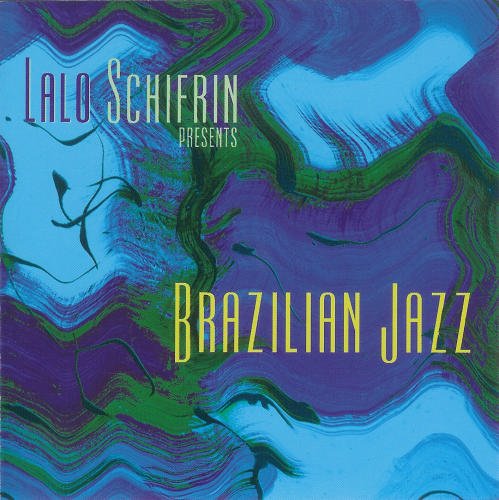

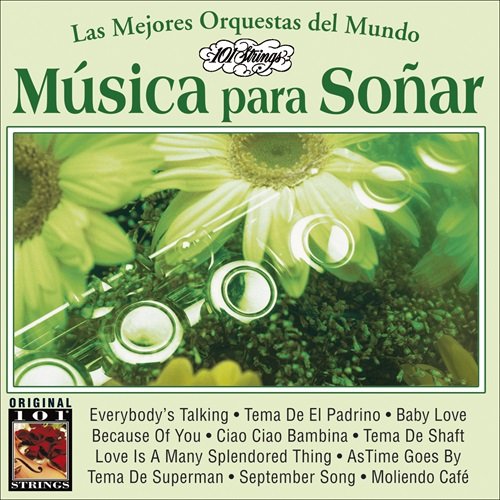
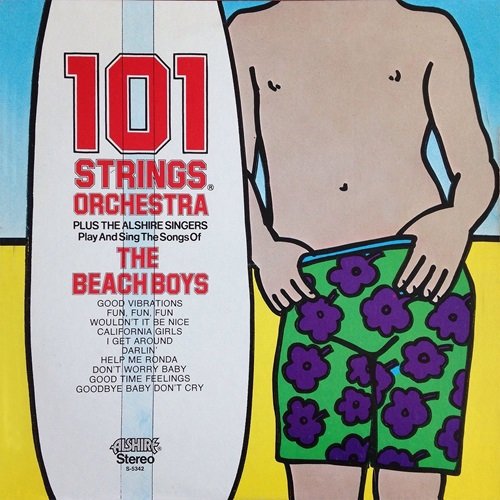

![Booker Stardrum - Close-up On The Outside (2026) [Hi-Res] Booker Stardrum - Close-up On The Outside (2026) [Hi-Res]](https://img.israbox.com/img/2026-02/26/hpg09p4i0w4yrzyjek6j087fv.jpg)
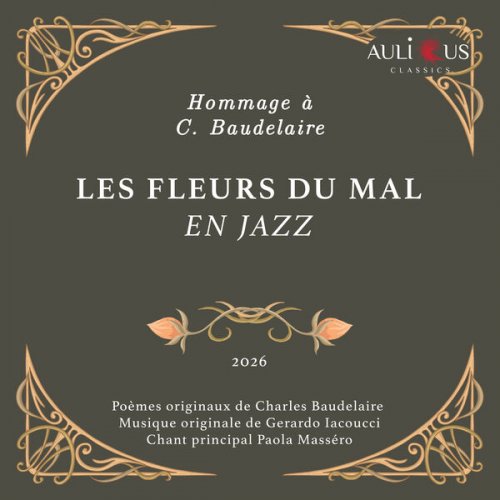
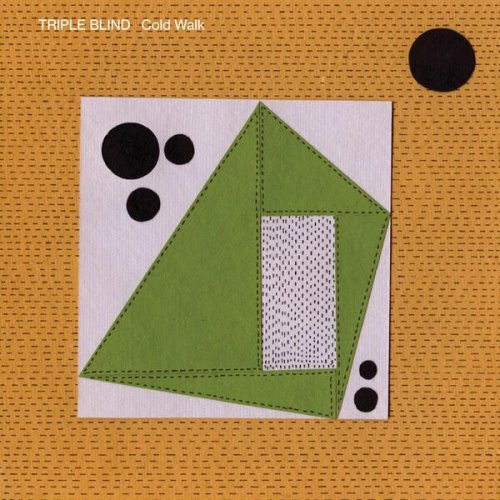
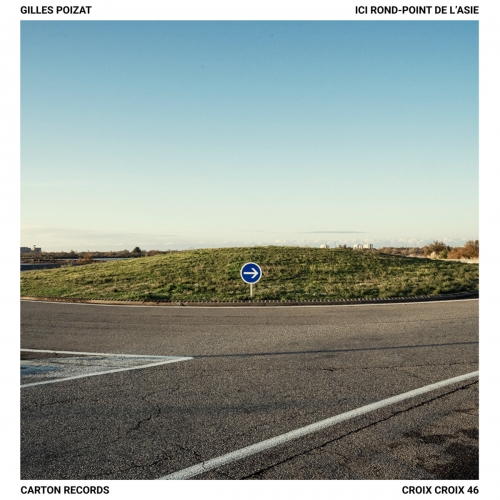
![Toshi Tsuchitori, Ryuichi Sakamoto - Disappointment–Hateruma (2026) [Hi-Res] Toshi Tsuchitori, Ryuichi Sakamoto - Disappointment–Hateruma (2026) [Hi-Res]](https://img.israbox.com/img/2026-02/27/0xnicsyi5sdb8v2xp0fiz1kew.jpg)
![Nathalie Darche, Alban Darche, Geoffroy Tamisier, Chloé Cailleton - Dandy Dandie - Helios y Selene (2026) [Hi-Res] Nathalie Darche, Alban Darche, Geoffroy Tamisier, Chloé Cailleton - Dandy Dandie - Helios y Selene (2026) [Hi-Res]](https://www.dibpic.com/uploads/posts/2026-02/1772112437_snbggfr6gccwr_600.jpg)